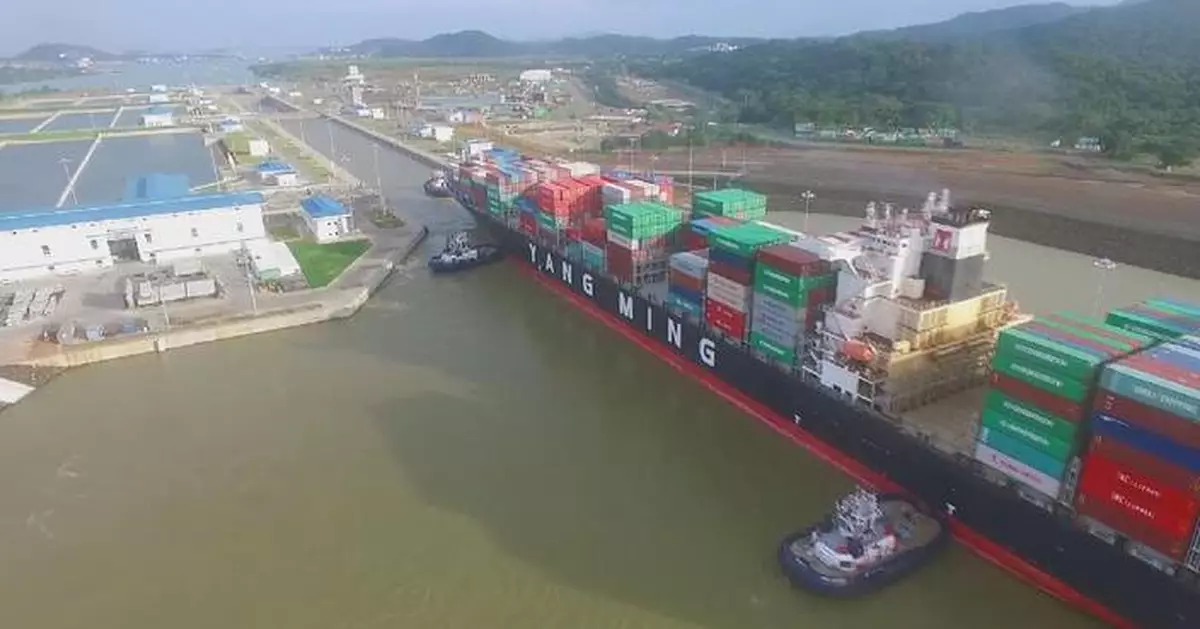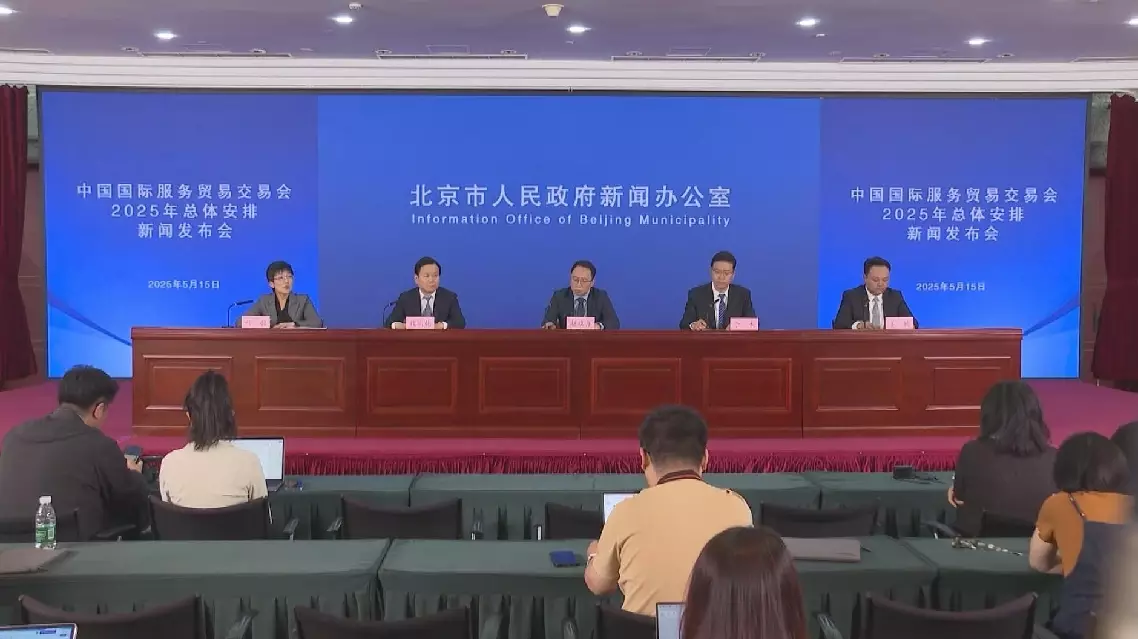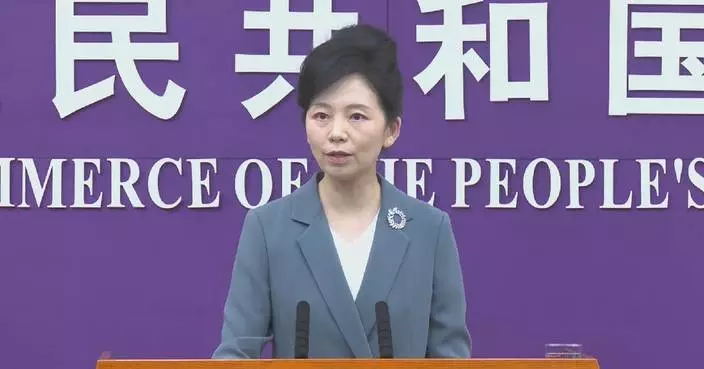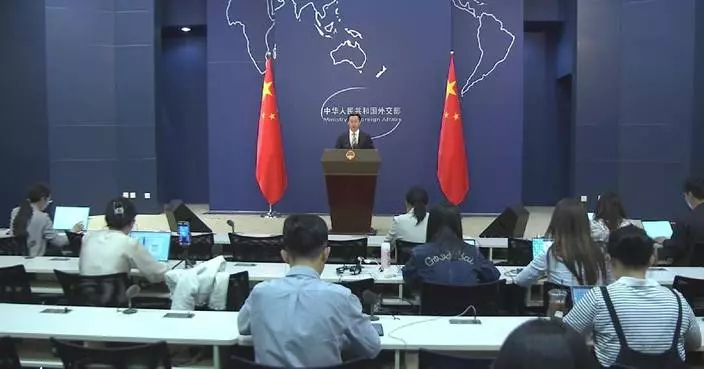Panama holds full ownership and usage rights over the Panama Canal, said a number of Panamanians in separate interviews with China Central Television, rejecting U.S. President Donald Trump’s recent threat to retake control of the waterway.
The Panama Canal, an artificial waterway in Panama that connects the Atlantic with the Pacific, was completed by the United States in 1914 and returned to Panama in 1999 under a treaty signed by then U.S. President Jimmy Carter and then Panamanian leader Omar Torrijos.
Panama's decades-long struggle to reclaim sovereignty over the Panama Canal reached a boiling point in the 1960s.
On January 9, 1964, the "Flag Protests" escalated into violent clashes after U.S. residents in the Panama Canal Zone tore a Panamanian flag, recalled Federico Alvarado, now 78, who was among the protesters. Over four days, U.S. forces opened fire on demonstrators, leaving more than 20 dead and several hundred others seriously injured.
In September 1977, the Torrijos-Carter Treaties were signed by Torrijos and Carter, stipulating that the Panama Canal would be turned over to Panamanian control on December 31, 1999.
Under Panama's administration, significant efforts were made to expand the canal to accommodate modern shipping needs, especially as older locks struggled to handle larger vessels. The canal's expansion, completed in 2016, was pivotal in positioning Panama as a key player in global trade.
Today, the canal handles roughly five percent of global maritime trade, cementing Panama's role as a hub for logistics, trade and finance.
However, recent remarks by Trump, who described the Panama Canal as "a vital national asset for the United States" and who threatened to retake it, have sparked widespread anger and criticism, both among Panamanians and the international community
"The Panama Canal completely belongs to the Panamanian people, and the expansion project was also built by us," said a resident of Panama City.
"The usage rights of the Panama Canal belong to the Panamanian government, 100 percent," stated another local.
Panama's President Jose Raul Mulino has also dismissed Trump's threat, reaffirming that the sovereignty and independence of Panama are not negotiable. "The U.S. attempt to control the Panama Canal is a blatant violation of international relations norms and international law. Washington also seeks to apply 19th-century 'Monroe Doctrine' tactics to Latin American countries, essentially aiming to assert U.S. dominance over the Americas. However, it seems that Trump has forgotten that Latin American countries have evolved significantly and are no longer what they once were. U.S. hegemonism and the Monroe Doctrine are now completely outdated," said Ignacio Martinez, a Panamanian expert on international affairs.
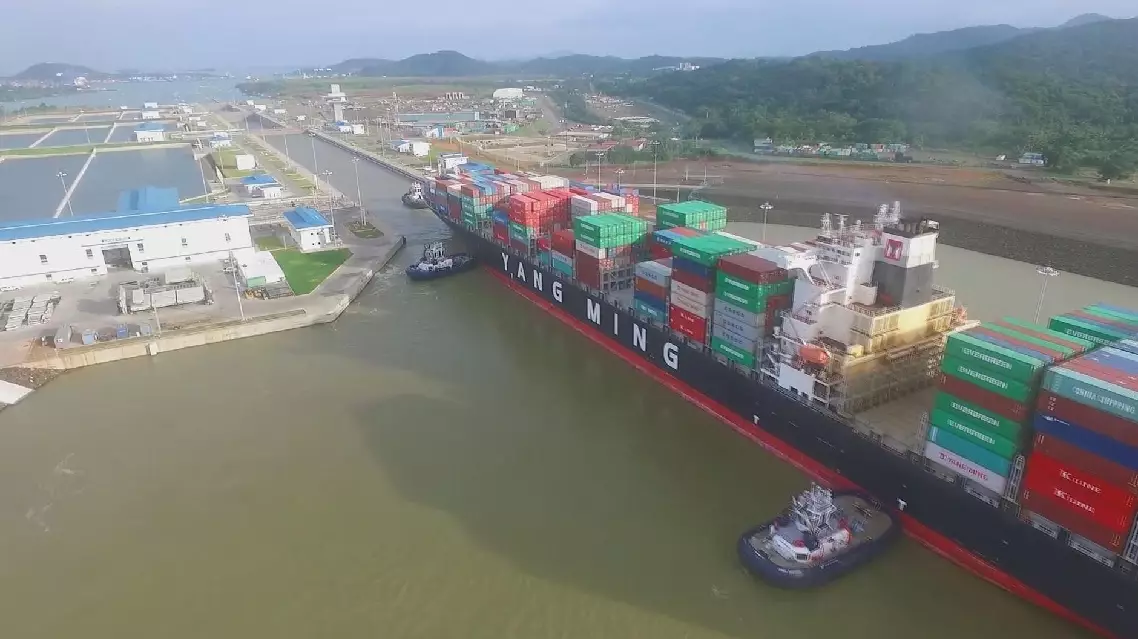
Panamanians assert full sovereignty over Panama Canal, reject Trump's retake threat
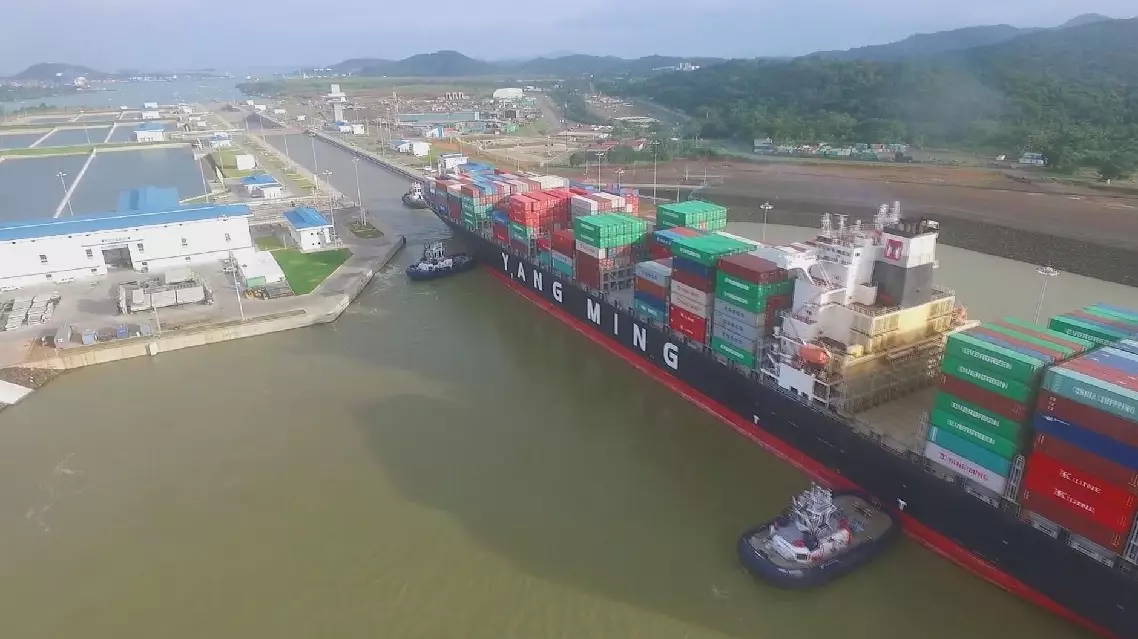
Panamanians assert full sovereignty over Panama Canal, reject Trump's retake threat


